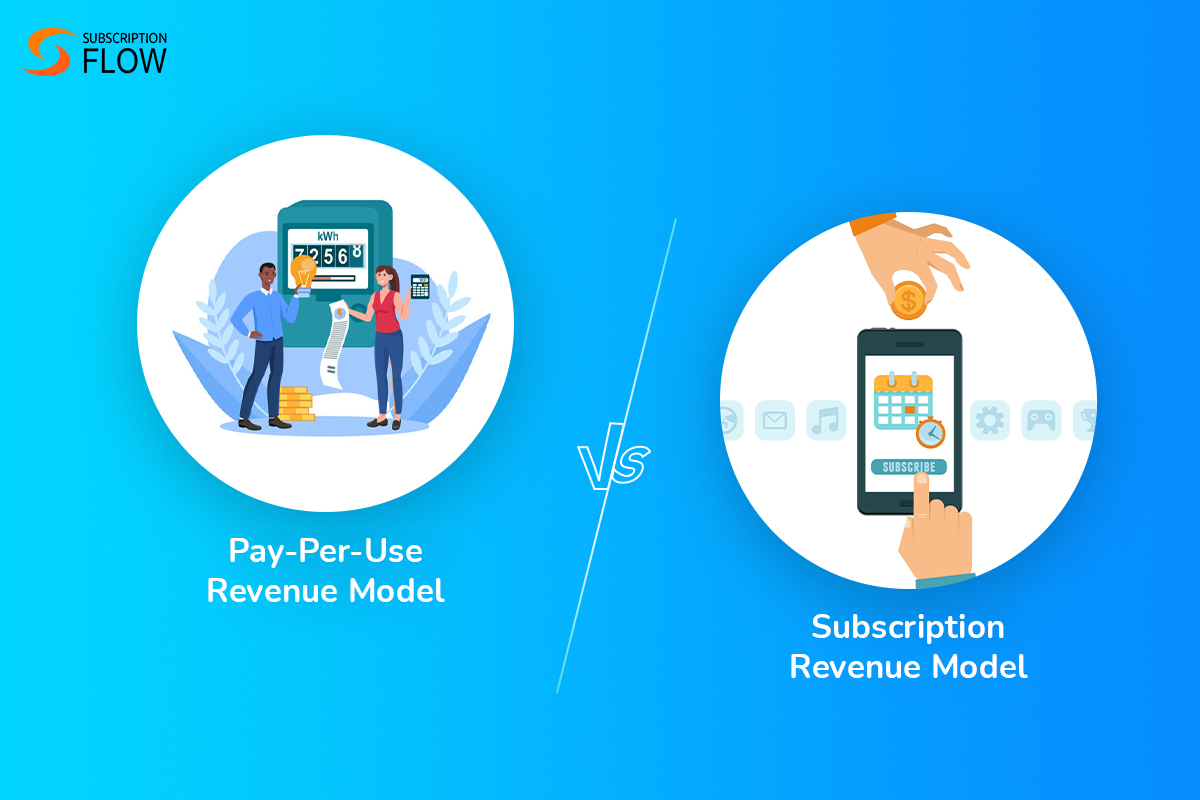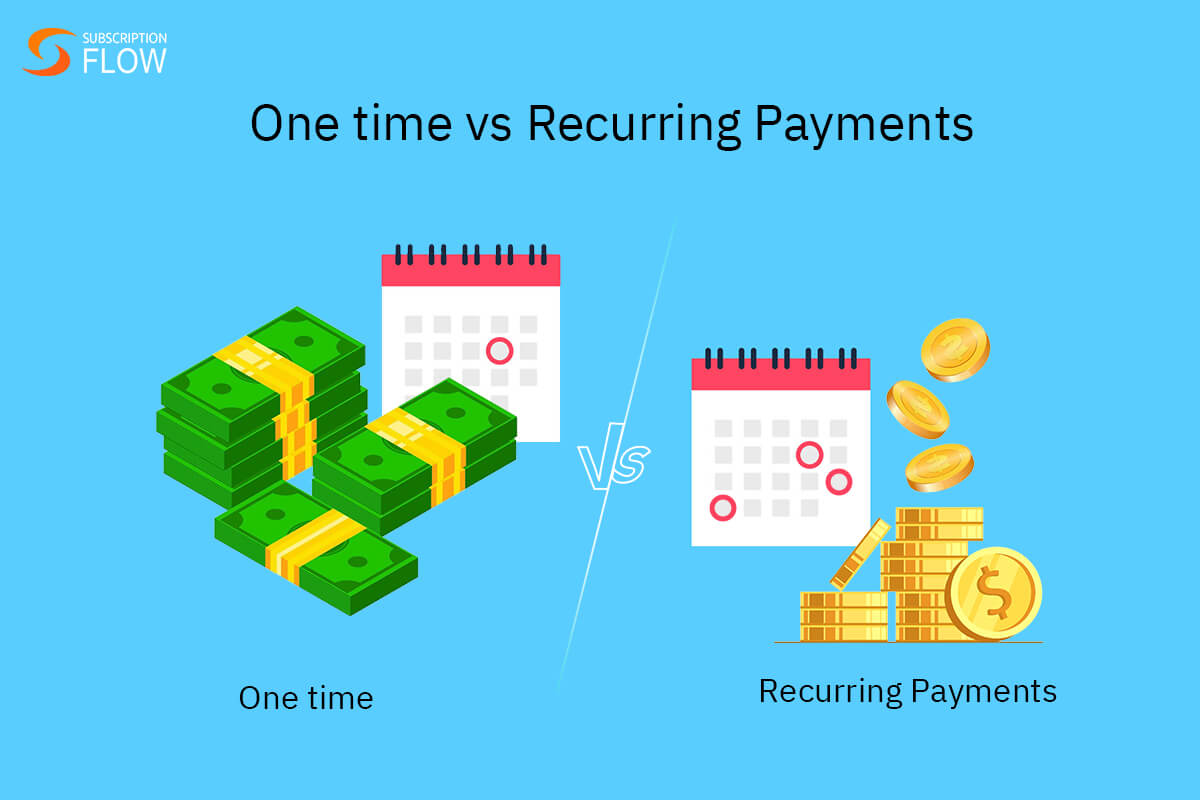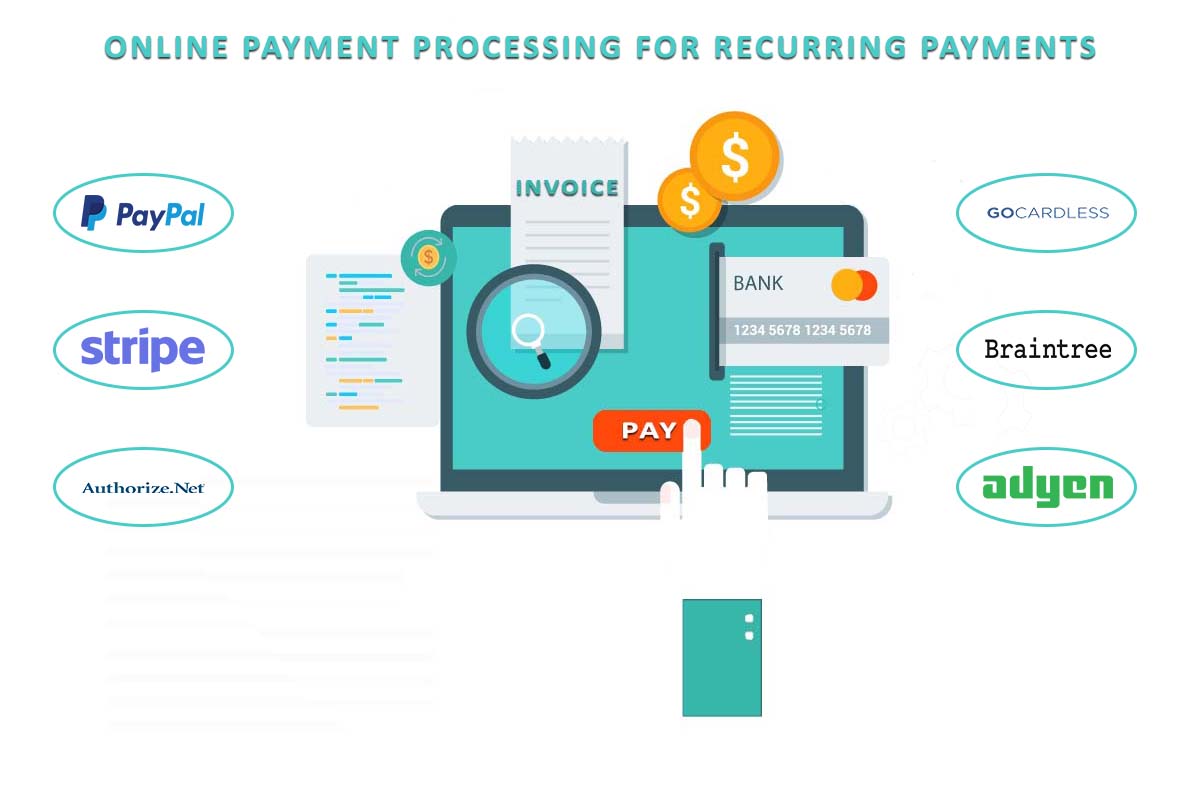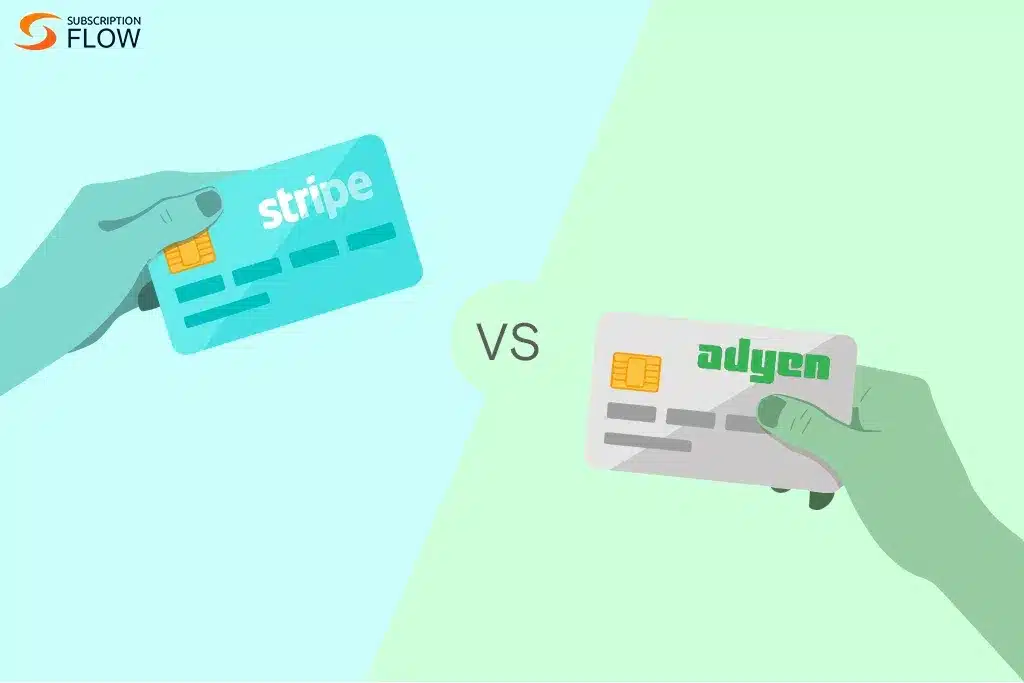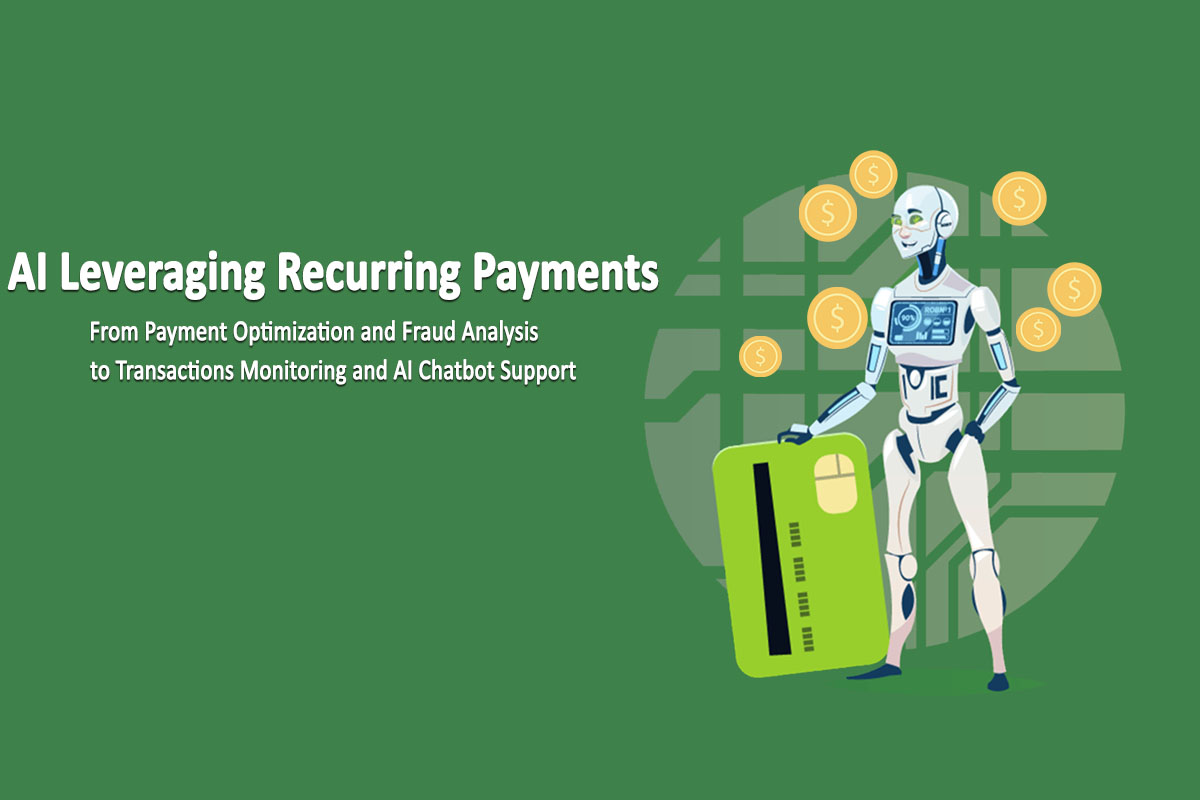
AI for Online Recurring Payments—An Overview of the Current Applications, Use Cases, and Other Related Practices
Artificial Intelligence (AI) is shaping and reshaping almost everything around us. It is being used across the sectors and is leveraging the robotic technology to establish smart business processes workflow.
Artificial Intelligence, Machine Learning, Deep Learning, and Big Data are the FinTech trends of 2020 and are going to revolutionize and rule the fintech reign in the next era. AI with the aid of Robotic Process Automation (RPA) and Big Data (BD) is increasingly being used by the industry to optimize operations and make service delivery more effective.
One of the Fintech area using AI effectively is online payments. The successful applications of AI in online payments include fraud payment detection, customer risk scoring, conversational AI for payment initiation, and many more.
AI and the Payment Industry
AI has already proven a paradigm shift with the digital transformations in the payment processing across the financial and banking sectors, in between B2B transactions, and, to and from customers to businesses, or vice versa.
The data-driven augmentation of AI is made possible with the onset of machine learning and deep learning led data structuring, big data analysis, and the growing use of digital devices and the internet.
The payment industry is un-layering its potential with the AI-fueled digital reforms in the key areas of payment processing, Straight through Processing (STP), user experience, and payment optimization.
Realizing the needs and advantages of using AI, it is estimated that 8 in 10 entities in the payment processing are using AI in combination with ML, DL, and Big Data to reduce manual intervention and bring efficiency and transparency, with security, in the payment processing.
PwC studies estimated that AI is projected to increase the GDP of the financial and professional services industry as much as 10 percent by 2030, driven by increases in both productivity and consumption, in North America alone.
Also Read: Leveraging the Power of Machine Learning in Subscription Billing to Mitigate Fraud and Churn rate
The Role of AI in Recurring Payment Processing
Subscription-based businesses like eCommerce, SaaS, rentals, insurance, and many more are based on charging their customers on a recurring basis. These businesses have to make arrangements for the secure, encrypted, and instant recurring payments to get received from their subscribers or customers, after every interval, throughout the subscription term.
Processing payments, again and again, increases the risk of payment frauds, data theft, or any other unauthorized transaction. The introduction of artificial intelligence in the SaaS Billing Systems, Payment Processors, and Payment Gateways enhances the online protection of the transaction with the end-to-end encryption, monitoring, AI-led analysis of the historical data of the customer.
AI-led recurring payment processing through the integrated payment gateway in as subscription management software helps SaaS and subscription services providers to leverage customer’s data to validate details and payments, it also helps them to avoid risks like friendly fraud or chargeback.
The set rules modules of AI are enhancing the recurring payment processing experience for the subscription merchants as well as customers with the following aids and supports throughout the process of subscription:
Payment Optimization
Artificial Intelligence in any Payment processor, Payment Gateway, or Subscription Software helps customers as well as subscribers to optimize their payment processing. AI learns trends, behaviors, and patterns and based on the data recommends payment gateways that, in a given situation, process payments better, safer, and faster. In the compatible line of the payment gateway and the customer or merchant choice, AI suggests payment methods, currencies, and others process friction-less and optimized payment processing.
Online Transactions Monitoring
Subscription software should integrate multiple payments AI algorithms in the systems are enough efficient to monitor end-to-end payment transactions—from the point that payment message hits the systems until it leaves the payment processor. During the process level, it not only monitors the process actions, it also suggests intuitive services and offers.
AI systems can monitor payment transactions from the point payment message enters the bank until it leaves the payment gateway by monitoring actions at a process level and suggest intuitive services and offers like the selection of payment gateway, payment method, currencies, and, more.
Fraud Analysis
Online payment systems using AI modules are very useful in analyzing online payment frauds. Online payment fraud can be made with cards or without cards using the card details. These payment frauds can be unauthorized transactions, cashbacks, or lost or stolen merchandise and can affect both the parties—customer or merchant.
AI by analyzing the personal, billing, shipping, payment, and transactional history can not only detect the fraud threats and risks, but it also mitigates before the fraud loses revenue of the merchant or incur customer the pain of misuse of payment details.
In the recurring business, chargebacks, also called friendly fraud, are the foes of revenue growth. Often, notorious customers despite availing the services or getting access to the product or SaaS claim fake or fraud refunds. AI in payment and recurring billing system identifies the risks points and the loopholes that may leak the revenue stream and dent the business growth and prevent multiple payment frauds from across the sides.
Also Read: The Online Payment Security Obstacles—Learn How SaaS Businesses Can Easily Overcome Them
Payment Validation
Payment validation works at the end of the issuer or bank during the processing of the request of the online payment. AI-led payment validation encompasses the information like 2- or 3- way authorization, 3D security, OTP (One Time Password), location, and access through the network information, in addition to the personal, payment, billing, and shipping data.
AI analyzes the history of a user through from various areas and if the access to the funds doesn’t seem safe, it highlights the attempt as a suspicious transaction that can later be verified by the in-person intervention.
User Experience
It wasn’t so long when the leading credit card services provider, VISA, has identified and implemented the opportunity to enrich the payment processing by giving additional assistance and support analyzing the payment needs of their customers.
On several occasions, the banking services provide personalized support by extending customer’s credit limits or shrinking the support for the transaction based on their transactional behaviors learned through machine learning.
In the recurring payments, the AI dictates the subscription services provider or SaaS vendor to opt for the payment gateway that allows optimized payment processing with appropriate processing charges, faster and secure transactions, and subject to the lesser online payment risks.
Payment Repair
AI can play quite a role in recovering recurring revenue through the dunning management process. In many cases, when the customer exceeds its credit card limit, the recurring payments get declined or deduct, partially. Instead of converting it into cancellation of subscription and customer and revenue loss, ML and DL modules make it certain for the subscription or SaaS merchants to retry the payment as soon as AI suggests the availability of the funds and recover their recurring revenue. AI prevents involuntary churn in the recurring billing and payments businesses.
AI Chatbots for Payment support
Chatbots are the most convenient and widely-used application of artificial intelligence across the sectors. The subscription businesses, the payment processors, the issuing financial institutions, and all other online businesses can use chatbots at different stages to inform, assist, and support their clients—from initiation of payments to the transference of funds.
Chatbots are deployed to automate customer service, resolve tickets, answer queries, and provide real-time assistance. Using natural language, chatbots trained by machine learning can predict customer behavior and answer them accordingly. Chatbots also play a critical role in enhancing the personalized customer experience in customer support by identifying the customer struggles and emotions in the mid of some problems related to payments, billing, or transactions, and then, diffusing the situation with a proper and calmer response. Sometimes, users are unable to identify that they were assisted by an AI Chatbot.
The Bottom Line…
Subscription and SaaS business use several applications to automate and stream their workflow in addition to leveraging the data from across the software, which includes subscription management software, payment gateways, CRMs, Sales, marketing, and support automation and management platforms, eCommerce, and other cloud computing platforms, and more. It increases the probabilities of the data theft or misuse of the data.
However, the growing trends of using artificial intelligence in the recurring billing and payment software is diffusing the stresses and risks of mounting online payment frauds due to unauthorized or false transaction or chargebacks as AI is providing the security solutions for the online transactions despite the excessive sharing of the data across the platforms.

